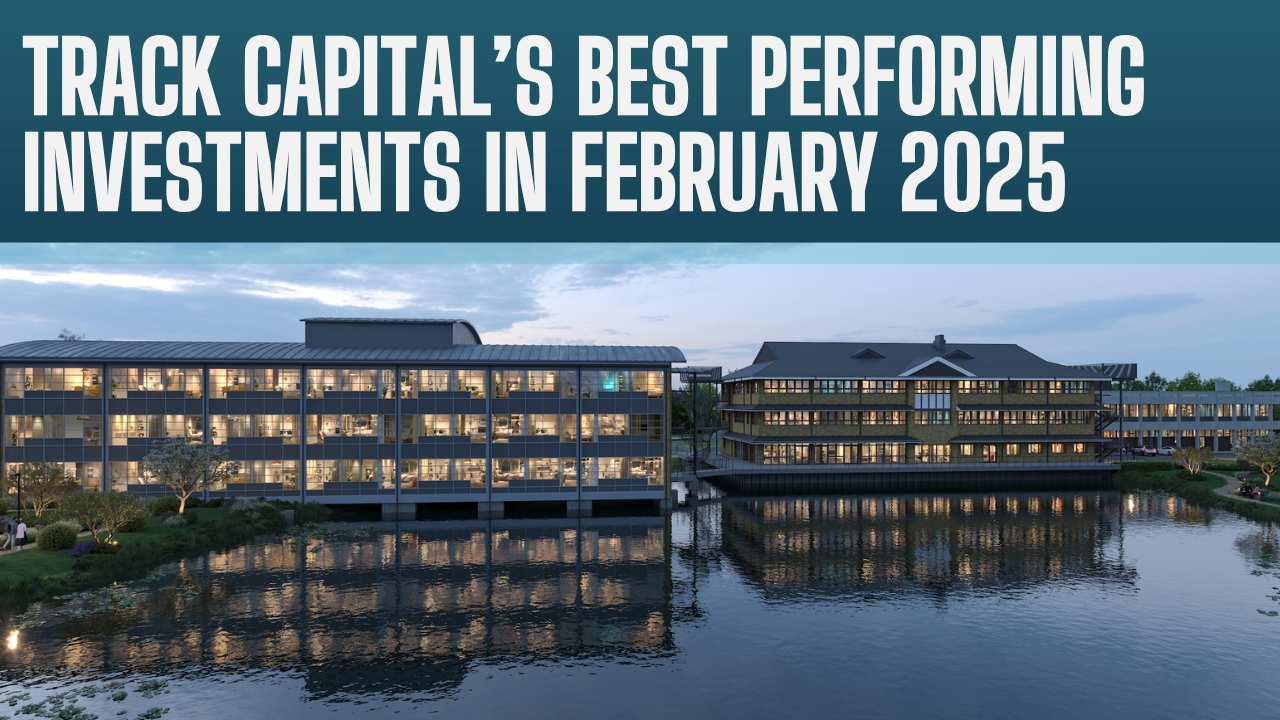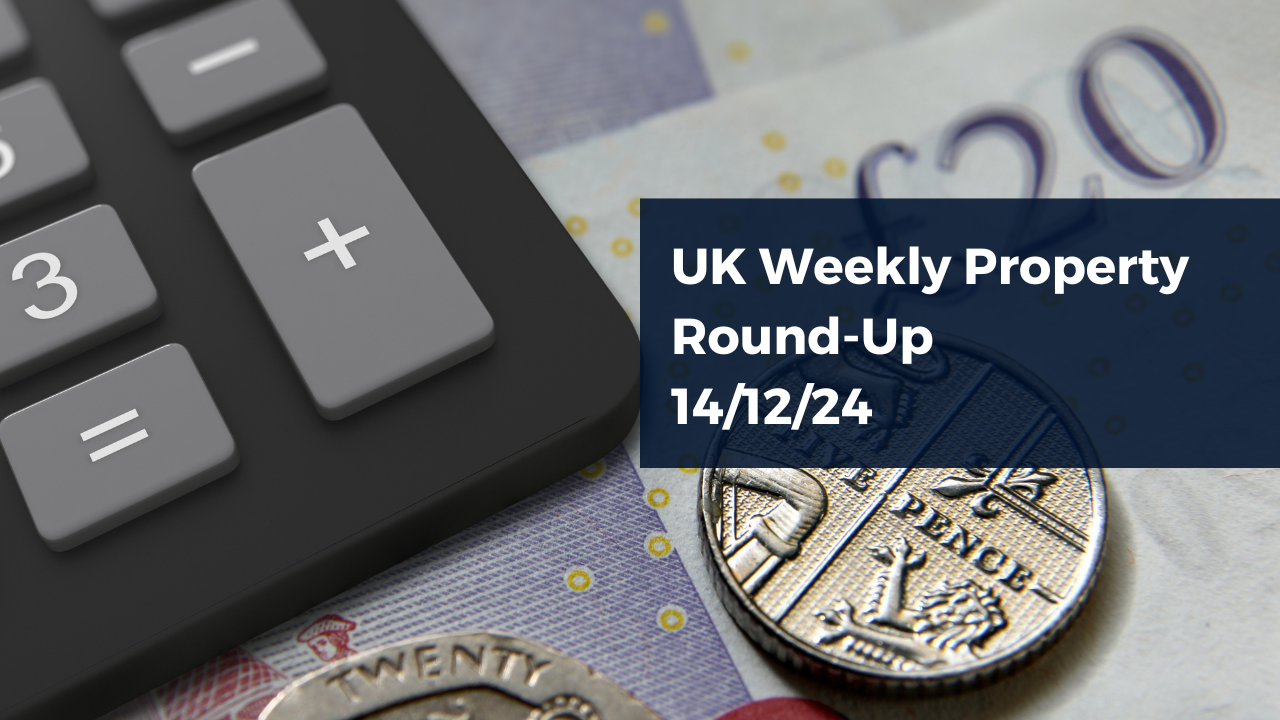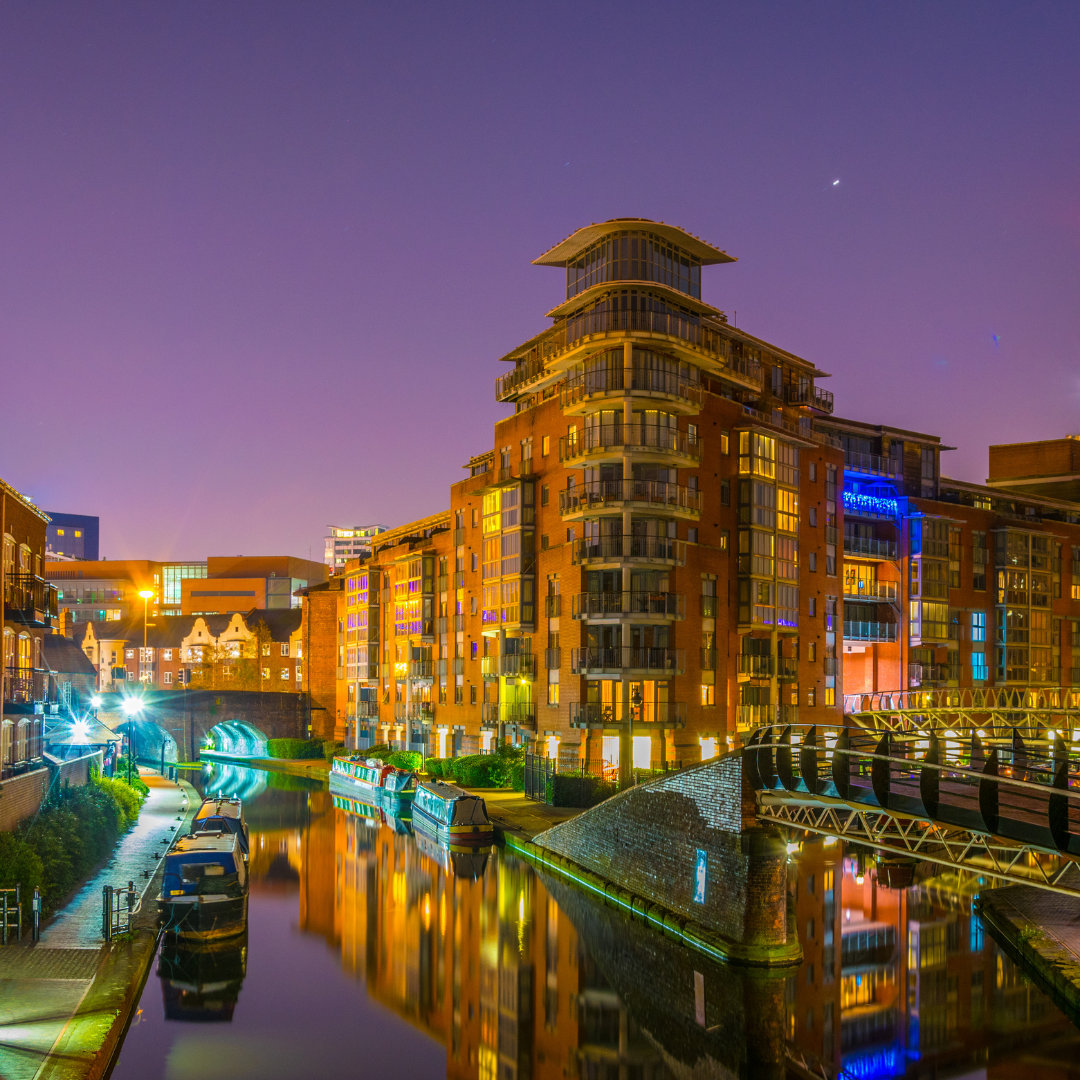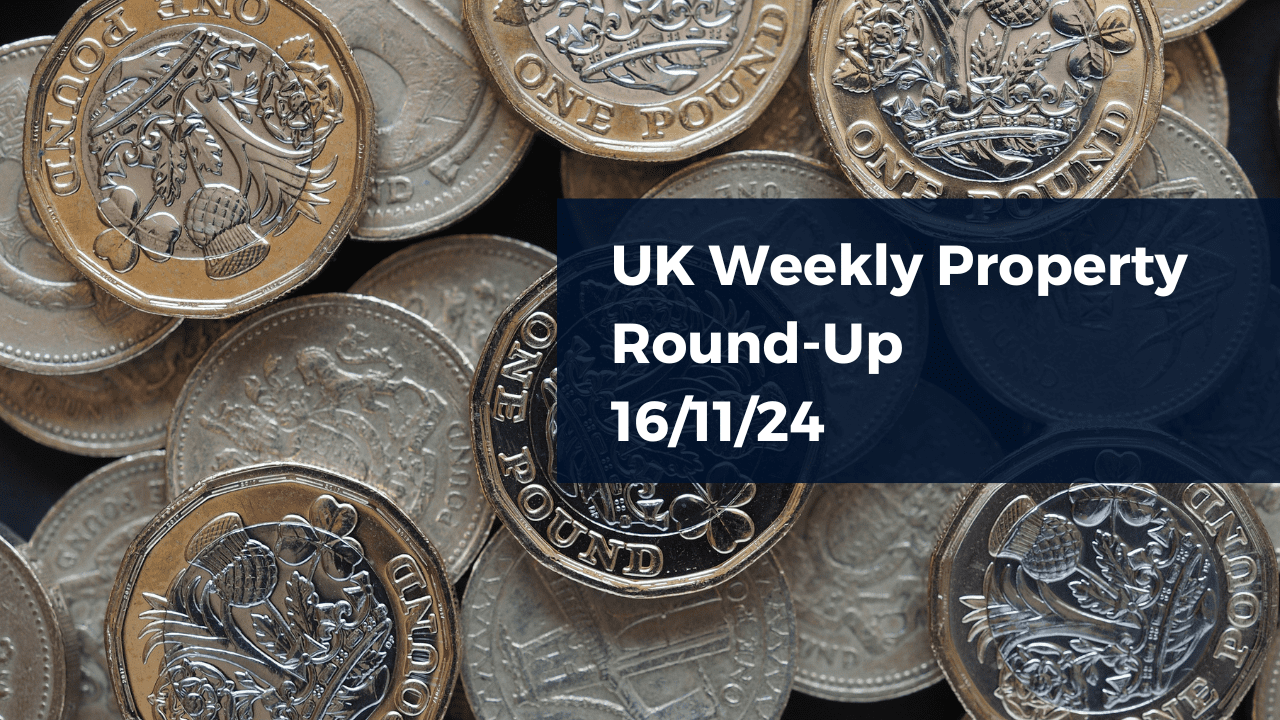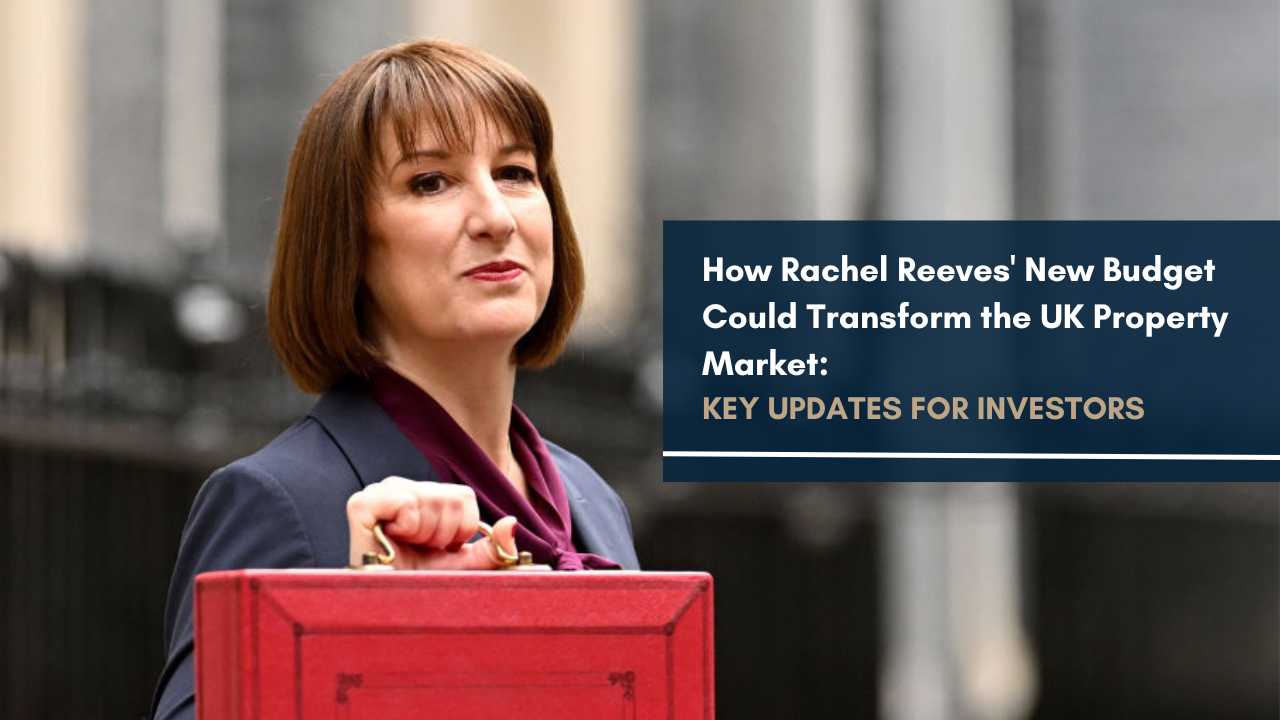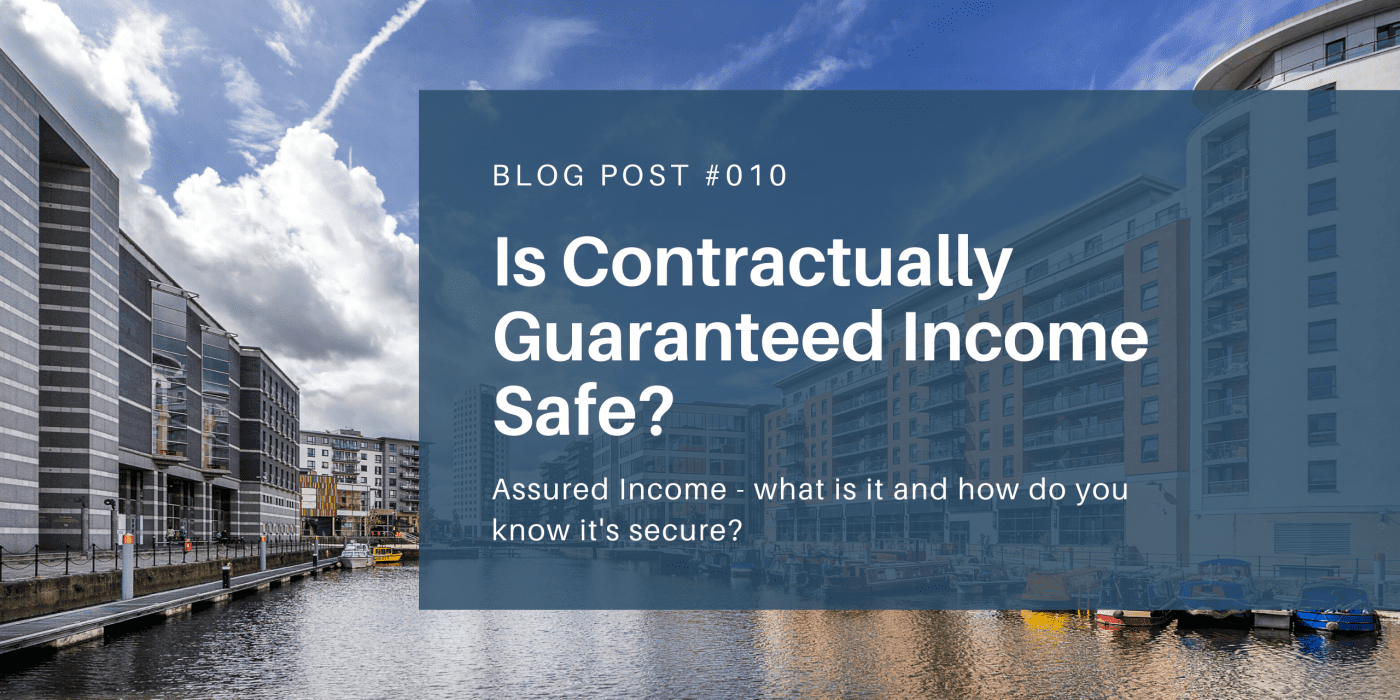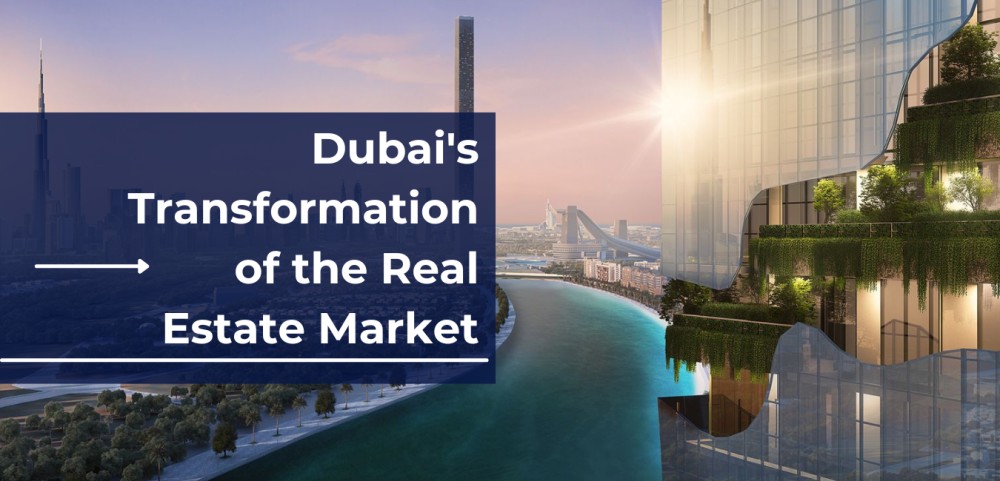Dubai, one of the seven emirates that make up the United Arab Emirates (UAE), has grown from a small fishing village to an iconic, cosmopolitan metropolis that is now synonymous with luxury, innovation, and futuristic architecture. The rapid development of the city has captivated the world, with its real estate market experiencing a meteoric rise. In this blog, we will delve into the incredible history of Dubai’s real estate, highlighting how it has evolved over time and become a thriving global hub.
The Humble Beginnings
Before the discovery of oil in the UAE, Dubai was a modest, quiet village that relied on fishing and pearl diving as its primary sources of income. Life in Dubai was simple, with the local population residing in small, traditional houses made from palm fronds or mud bricks. The real estate sector was practically non-existent at this time, as there was no demand for modern infrastructure or luxury properties.
The Oil Boom
The discovery of oil in the late 1950s brought a significant transformation to the region, as the newfound wealth led to rapid urbanization and infrastructure development. Dubai’s ruler, Sheikh Rashid bin Saeed Al Maktoum, recognized the potential of the emirate and began investing heavily in modernizing its infrastructure. This included the construction of roads, ports, and the establishment of the national airline, Emirates.
The oil boom fueled the growth of Dubai’s real estate market, as demand for housing and commercial spaces began to surge. During this period, the construction of modern buildings began, and the first skyscraper, the Dubai World Trade Centre, was completed in 1979. This marked the beginning of Dubai’s transformation into a global city.
Visionary Leadership and Ambitious Projects
Dubai’s real estate boom can be largely attributed to the ambitious vision of its leaders, particularly Sheikh Mohammed bin Rashid Al Maktoum. With an emphasis on diversifying the economy, Sheikh Mohammed focused on developing key sectors such as tourism, trade, and real estate. This led to a series of ambitious real estate projects that put Dubai on the global map.
Some of these iconic projects include:
Palm Jumeirah: One of the world’s largest man-made islands, Palm Jumeirah is a testament to Dubai’s innovative spirit. Completed in 2008, the island is shaped like a palm tree and features luxury villas, hotels, and leisure facilities.
Burj Khalifa: Standing at 828 meters, the Burj Khalifa is the world’s tallest building. Completed in 2010, the tower is a symbol of Dubai’s rapid growth and ambition. It houses offices, luxury residences, and the Armani Hotel.
The Dubai Mall: The largest shopping mall in the world, The Dubai Mall covers an area equivalent to 50 football fields. Completed in 2008, it boasts over 1,200 stores, an aquarium, and an indoor amusement park.
Dubai Marina: A man-made marina that stretches for over 3 km, Dubai Marina is home to luxurious residential towers, restaurants, and leisure facilities.
The Global Financial Crisis and Recovery
The global financial crisis of 2008 dealt a significant blow to Dubai’s burgeoning real estate market, causing property prices to plummet and leaving numerous projects stalled or canceled. However, Dubai’s resilience and strategic government interventions paved the way for a remarkable financial recovery.
The Dubai government took decisive action to stabilize the real estate market and restore investor confidence. One key measure was the establishment of the Real Estate Regulatory Authority (RERA) in 2007. RERA introduced new regulations aimed at protecting both buyers and developers, ensuring greater transparency and accountability in the sector. The launch of the Dubai Financial Support Fund (DFSF) in 2009 also provided much-needed financial assistance to key government entities, helping to ease liquidity concerns and ensuring the continuity of important projects.
Dubai’s leadership recognized the importance of diversifying the economy beyond oil and real estate. The government continued to invest in key sectors such as tourism, trade, and technology, which in turn stimulated economic growth and created new opportunities for the real estate sector. The government invested heavily in infrastructure projects, such as the expansion of the Dubai Metro and the construction of the Al Maktoum International Airport. These projects not only created jobs but also increased the attractiveness of Dubai as a global business hub.
A Shining Future
Today, Dubai’s financial recovery stands as a testament to its resilience, adaptability, and forward-thinking leadership. With a diversified economy, robust infrastructure, and a thriving real estate market, Dubai continues to position itself as a global powerhouse. Dubai’s real estate market has emerged as one of the most attractive investment destinations globally, offering excellent prospects for both short-term and long-term investors. Several factors contribute to its appeal, including its strategic location, economic diversification, and investor-friendly policies.
- Strategic Location and Global Connectivity: Dubai’s geographical position between Europe, Asia, and Africa makes it an ideal hub for global trade and commerce. With its world-class infrastructure, including modern ports and airports, the city attracts businesses and expatriates from around the world, driving demand for residential and commercial properties.
- Economic Diversification: The government’s commitment to diversifying the economy beyond oil has led to significant growth in sectors such as tourism, trade, and technology. This diversification creates new opportunities for real estate investors, as the demand for various types of properties, including hotels, retail spaces, and offices, continues to grow.
- Investor-Friendly Policies: Dubai has implemented numerous investor-friendly policies, such as offering freehold property ownership to foreign investors, which was previously limited to leasehold arrangements. Additionally, the government has introduced long-term residency visas for property investors, further incentivizing investment in the local real estate market.
- Strong Rental Yields and Capital Appreciation: Dubai’s real estate market offers attractive rental yields, with some areas averaging between 5-8% annually. Furthermore, due to the city’s ongoing development and growing demand, investors can expect solid capital appreciation in the long run.
Conclusion
Today, Dubai continues to unveil ambitious real estate projects, such as the Dubai Creek Harbour, The Heart of Europe, and the Ritz-Carlton Residences, among many others.
New projects further enhance the city’s appeal, creating new investment opportunities and driving demand for properties.
In conclusion, the excellent prospects for Dubai real estate investment can be attributed to its strategic location, economic diversification, investor-friendly policies, and the potential for high rental yields and capital appreciation. As the city continues to evolve and grow, real estate investors can expect a promising landscape with ample opportunities for both short-term and long-term gains.






